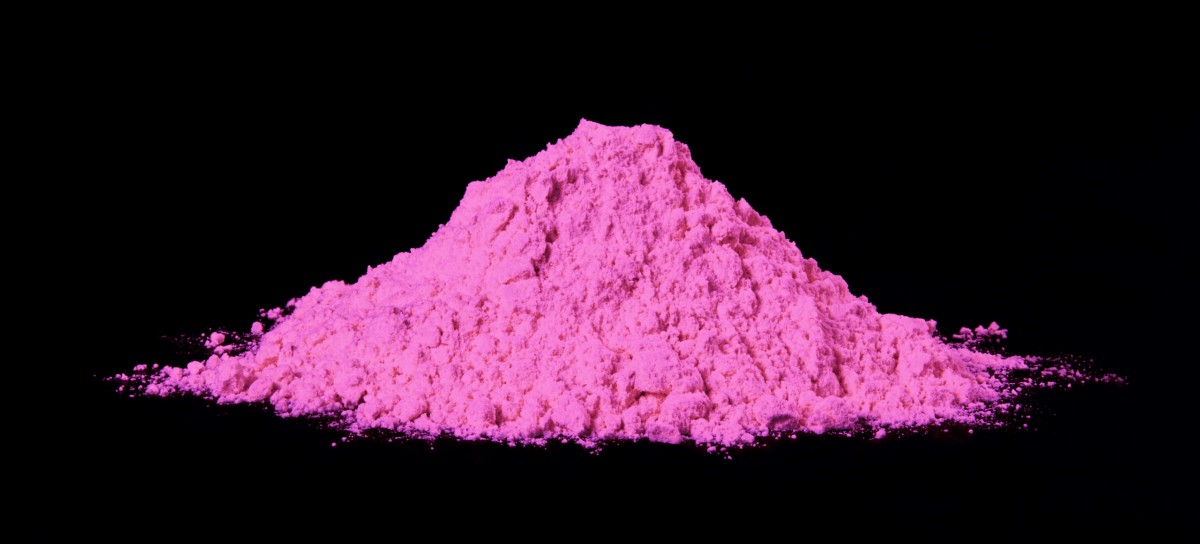10 Reasons to Stop Drinking Alcohol
December 23, 2025
Choosing to stop drinking alcohol can be one of the most positive decisions you make for your health, relationships, and overall well-being. At BriteLife Recovery, we’ve seen firsthand how abstaining from alcohol can transform lives and empower individuals to reclaim control. Here are 10 compelling reasons to stop drinking alcohol and embrace a healthier, more fulfilling lifestyle.
1. Improved Physical Health
Alcohol consumption can have significant negative effects on your physical health. Chronic drinking is linked to liver damage, heart disease, high blood pressure, and an increased risk of cancer. By quitting alcohol, your body can start to repair itself, reducing your risk of these serious health issues and promoting overall well-being.
2. Better Mental Health
Alcohol can worsen mental health conditions such as anxiety and depression. Although drinking might provide temporary relief from stress, it ultimately acts as a depressant, interfering with mood regulation and mental clarity. Quitting alcohol can lead to improved mood stability and a reduction in symptoms of anxiety and depression.
3. Improved Sleep Quality
While alcohol may help you fall asleep initially, it disrupts the sleep cycle and reduces overall sleep quality. Drinking can prevent you from entering deep, restorative sleep, leaving you feeling fatigued the next day. Stopping alcohol use can help you achieve better sleep, making you feel more rested and energized.
4. Enhanced Cognitive Function
Alcohol affects the brain, impairing memory, concentration, and decision-making. Long-term alcohol use can lead to lasting cognitive damage. By choosing sobriety, you allow your brain to heal and improve cognitive functions, enhancing your focus, productivity, and ability to think clearly.
5. Healthier Relationships
Alcohol can strain relationships with family, friends, and partners. Drinking often leads to arguments, misunderstandings, and lost trust. Choosing to quit alcohol can strengthen these connections, foster more meaningful interactions, and improve communication with those you care about.
6. Financial Savings
Regular alcohol consumption can be expensive. The cost of buying alcohol, dining out at bars, and dealing with potential medical or legal issues related to drinking adds up. Quitting alcohol can save you a significant amount of money, allowing you to invest in experiences or activities that enrich your life.
7. More Time for Hobbies and Activities
Drinking often takes time away from hobbies, sports, and activities that contribute to personal growth and enjoyment. By quitting alcohol, you’ll have more time and energy to pursue interests, develop new skills, and engage in activities that make you happy and fulfilled.
8. Increased Energy Levels
Alcohol dehydrates the body and saps energy levels. When you stop drinking, your body can better absorb essential nutrients and maintain hydration, leading to increased energy and better physical performance. You’ll feel more vibrant and capable of handling daily tasks and physical activities.
9. Better Physical Appearance
Excessive alcohol consumption can take a toll on your appearance. It can lead to dehydration, dull skin, and weight gain due to the empty calories in alcoholic beverages. Stopping alcohol can improve skin health, promote weight loss, and give you a fresher, healthier appearance.
10. Reduced Risk of Addiction
Even moderate alcohol use can potentially lead to dependency over time. By quitting alcohol, you reduce the risk of developing an alcohol use disorder, freeing yourself from the cycle of addiction and its impact on your life.
